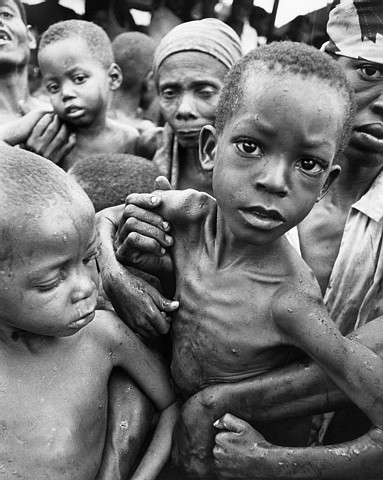Perhaps removal of fuel subsidy without a plan to help the poor directly was what the Federal Government had in mind; whereas the World Bank advices the Federal Government to establish a cash transfer programme so as to channel the monies that would have gone for fuel subsidy to the large number of poor people in the nation.
This advice was given by the World bank’s Chief Economist for Africa, Mr. Chanta Devarajan, during the round table discussion of chief economists council at the 2013 Spring Meetings of the International Monetary Fund/World Bank in Washington DC, US.
He said that $30 billion is what Nigeria realizes from oil, of which 60 percent goes to the rich and the remaining 40 percent is left for the poor to fight on.
“The problem with oil subsidy is that the lion’s share goes to the non-poor, as much as 60 percent goes to the rich where as 40 prevent goes to the rest of Nigerians, so it is to an effective way of helping the poor and you can replace that with the cash transfer that is targeted at the poor, and save a lot of money. That is what other countries like Brazil which replaced all omits subsidies with his familiar programme like the cash transfer programme,” Devarajan said.
He however made it clear that he was not pushing for the removal of subsidy but was strongly urging for more efficient ways that the rising number of poor people could be assisted.
When asked to explain the cash transfer programme, Devarajan openly said: “Brazil has a conditional cash transfer programme that has had tremendous impact on poverty which is declining rapidly and inequality has fallen in that country. They had the highest inequality in the world but it has now come down substantially and have 0.75 percent of GDP.
“How it works is that every family gets a certain amount of money conditional on two things, that they send their children to school and that they take their new borns to the clinic on regular basis. So when they go to the hospital, they get a receipt and they show that and then they get the cash transfer.”
He described what the poor are going through in Nigeria as unacceptable, where oil revenue could not be converted into benefits for the lower class citizens.
According to him, “Nigeria earns something like $30 billion in oil revenues but still has a poverty rate of about 60 per cent and that is unacceptable in my view. Then you go back and say how do you do that and I think it has got to do with infrastructure deficits which hurts the poor. You know that the non-poor have their own generators and things like that, but the poor are suffering, education and health system is not delivering desirable outcome.”
Devarajan stated that: “To make infrastructure work, you need to build trust in the public that if you raise electricity prices for instance that they will get better electricity.” He proceeded: “You have to get trust in the public that if you reduce energy like the fuel subsidies, that the government will actually use that money wisely, or may be even transfer it to the poor in terms of cash transfers.”
“We can only advise them. The government will only do things if they see that a majority of the Nigerian will support them. So it is up to you to raise your voice to amplify it through the media.”
Know your role and play it well, let’s join hands together and scream out what is right. Others at the top need to feel, not just hear, our opinions.

